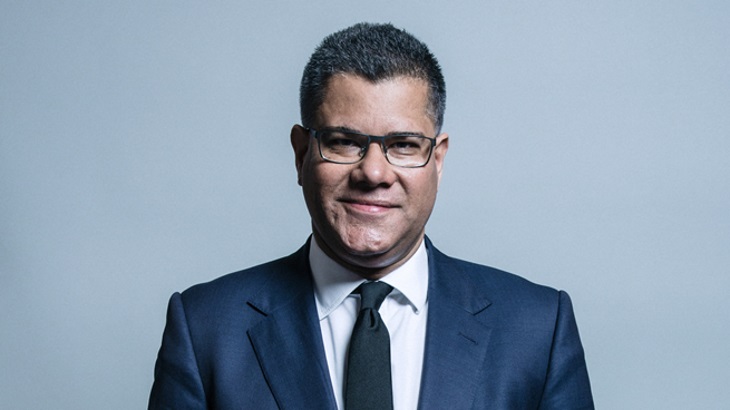COP26 will be the largest summit the UK has ever hosted, bringing together representatives from nearly 200 countries, including world leaders, experts and campaigners. The Climate Ambition Summit co-hosted by the UK in December last year saw 75 world leaders set out new commitments to climate action.
"To meet the high ambitions for the summit in the year of COP26, Alok Sharma will solely focus on driving forward coordinated global action to tackle climate change," an 8 January statement from the Prime Minister's Office said. "A successful summit in November will be critical if we want to meet the objectives set out by the Paris Agreement and reduce global emissions. The UK has set a high bar, with our recent commitment to reduce emissions by at least 68% by 2030, but we also need other countries to do their bit."
Sharma, who became COP26 President in February 2020, said: "The biggest challenge of our time is climate change and we need to work together to deliver a cleaner, greener world and build back better for present and future generations. Through the UK’s Presidency of COP26 we have a unique opportunity, working with friends and partners around the world, to deliver on this goal. Given the vital importance of tackling climate change I am delighted to have been asked by the Prime Minister to dedicate all my energies to this urgent task."
As Kwarteng becomes secretary of state for Business, Energy and Industrial Strategy, Anne-Marie Trevelyan will take on his previous role as minister for Business, Energy and Clean Growth. She will be responsible for taking forward climate and energy policy, including the Prime Minister’s Ten Point Plan for a Green Industrial Revolution. She will also continue in her role as UK’s International Champion on Adaptation and Resilience for the COP26 Presidency, supporting countries vulnerable to climate change to adapt to its impacts and build resilience.
Trevelyan served as the last secretary of state for International Development, from February to September 2020, stepping down when the Department for International Development was merged with the Foreign and Commonwealth Office.
In its Energy White Paper, published on 14 December, the government identified nuclear power as a way to help the country achieve the four-fold increase in clean electricity generation needed to achieve its net zero by 2050 target. It noted that renewables now account for over one-third of electricity generation in the UK, up from 7% in 2010, but "building on this foundation" the country "needs to go further". The government said it would therefore begin official talks with EDF to enable investment in the planned Sizewell C nuclear power plant project.
Nuclear power supplies about 16% of the UK's electricity, but its existing fleet of reactors are approaching the end of their operating lives. In 2016, the government agreed contracts for the first new nuclear power plant in a generation - Hinkley Point C - which will provide 7% of the country's current electricity needs. The industry has been waiting for more than a year for the government to decide on support for the planned Sizewell C project, as well as for sites at Wylfa Newydd and Moorside.
The White Paper, Powering our Net Zero Future, develops the Ten Point Plan for a Green Industrial Revolution Prime Minister Boris Johnson unveiled in November, by setting out specific steps the government will take over the next decade to cut emissions from industry, transport and buildings by 230 million metric tonnes, while supporting hundreds of thousands of new green jobs.
According to that plan, the government will provide up to GBP525 million (USD700 million) to bring forward large-scale nuclear and invest in the development of advanced nuclear research and development, including up to GBP385 million in an Advanced Nuclear Fund for small modular reactors and advanced modular reactors. This is alongside GBP220 million for nuclear fusion. A week after publication of the plan, the UK Treasury said it is important to consider large-scale nuclear projects in addition to Hinkley Point C.





_52351.jpg)


_15863.jpg)






